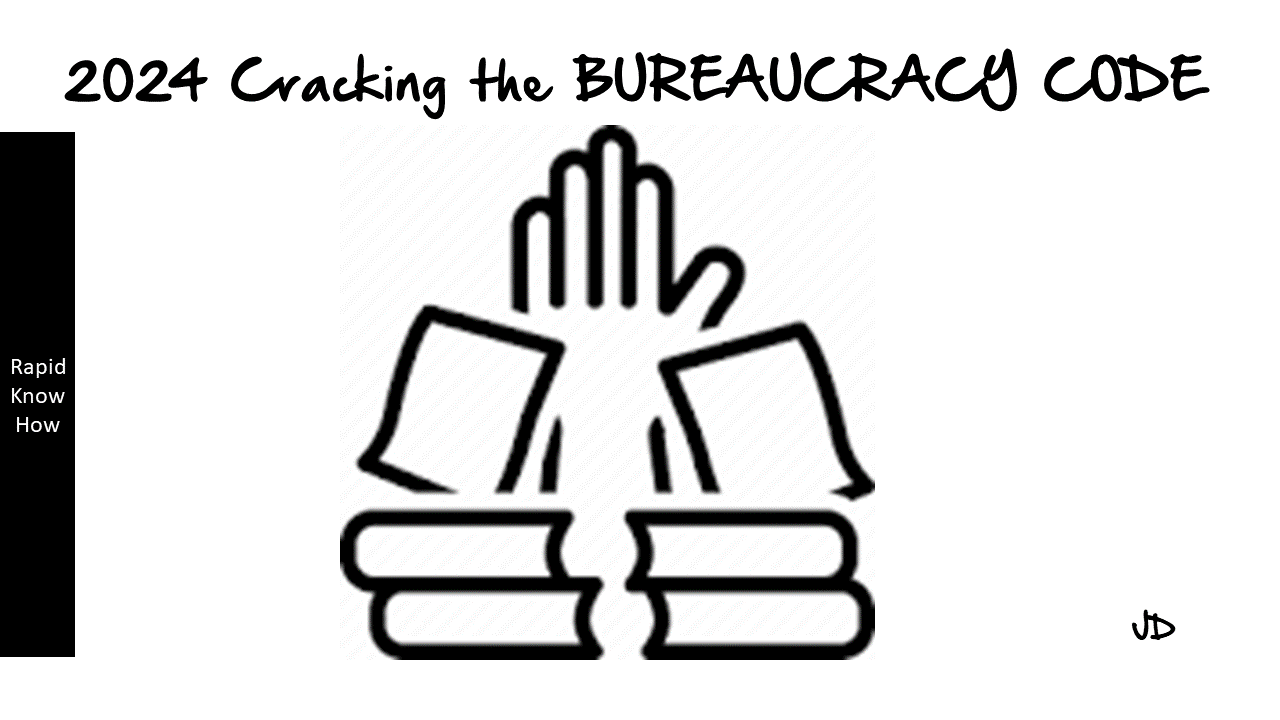Cracking the Bureaucracy Code: Case Austria during the Covid-19 Pandemic
The Covid-19 pandemic has been a global phenomenon that has tested the mettle of governments and societies worldwide. Austria, a country known for its efficient bureaucracy, was no exception. The Austrian government’s response to the pandemic was marked by a series of measures that were both controversial and impactful. These included enforcing fear, implementing lockdowns, mandating PCR tests, introducing 3G rules, compulsory vaccination, and inadvertently causing population division.
Why did the Austrian Government enforce these measures?
The Austrian government’s approach to managing the pandemic was rooted in its understanding of public health and safety. The enforcement of fear was not a deliberate strategy to intimidate citizens but rather an attempt to underscore the severity of the situation and encourage adherence to safety protocols. Lockdowns were implemented as a means to curb the spread of the virus, while PCR tests were mandated to identify and isolate infected individuals promptly.
The introduction of 3G rules (Geimpft, Getestet, Genesen – Vaccinated, Tested, Recovered) was an innovative approach to ensure that those participating in public life were not likely to spread the virus. Compulsory vaccination was seen as a necessary step towards achieving herd immunity and protecting vulnerable populations.
However, these measures did lead to some degree of population division. Differences in opinion regarding the necessity and effectiveness of these measures led to societal rifts that are still being addressed.
Conclusion and Recommendation
While it is easy to criticise these measures in hindsight, it is important to remember that they were implemented in an unprecedented global crisis. The Austrian government’s response may not have been perfect, but it was driven by a commitment to protect its citizen
In any case, the Covid-19 program has caused immense health, economic and social damage. The investigation must be: Crimes against humanity
Three Lessons from Franz Kafka and the Covid-19 Global Program
Franz Kafka’s works often depict individuals grappling with complex bureaucracies – a theme that resonates with the global response to the Covid-19 pandemic. Here are three lessons we can learn from Kafka in this context:
1. The Importance of Adaptability: Kafka’s protagonists often find themselves in absurd and unpredictable situations. Similarly, the pandemic has shown us that we must be prepared to adapt to rapidly changing circumstances.
2. The Power of Persistence: Kafka’s characters persist despite facing seemingly insurmountable challenges. This mirrors our collective experience during the pandemic – persisting despite the odds.
3. The Need for Compassion: Kafka’s works highlight the importance of empathy and understanding in navigating bureaucratic systems. This is a crucial lesson for us as we navigate the complexities of the pandemic.
Crafting our Life Strategy to become Autonomous and Independent from Bureaucracies
The pandemic has underscored the importance of individual autonomy and independence from bureaucracies. To achieve this, we must focus on self-reliance, critical thinking, and resilience. We must also strive to stay informed about global events and understand how they may impact us.
Get Started to Thrive Individualism and Autonomy
To thrive in a post-pandemic world, we must embrace individualism and autonomy. This means taking responsibility for our health, education, and financial stability. It also means respecting others’ rights to do the same.
Conclusion and Recommendation
In conclusion, while the Austrian government’s response to the Covid-19 pandemic was not without its flaws, it was a testament to their commitment to public safety. As we move forward, let us take the lessons learned from this experience – adaptability, persistence, compassion – and apply them in our pursuit of individual autonomy and independence from bureaucracies.
